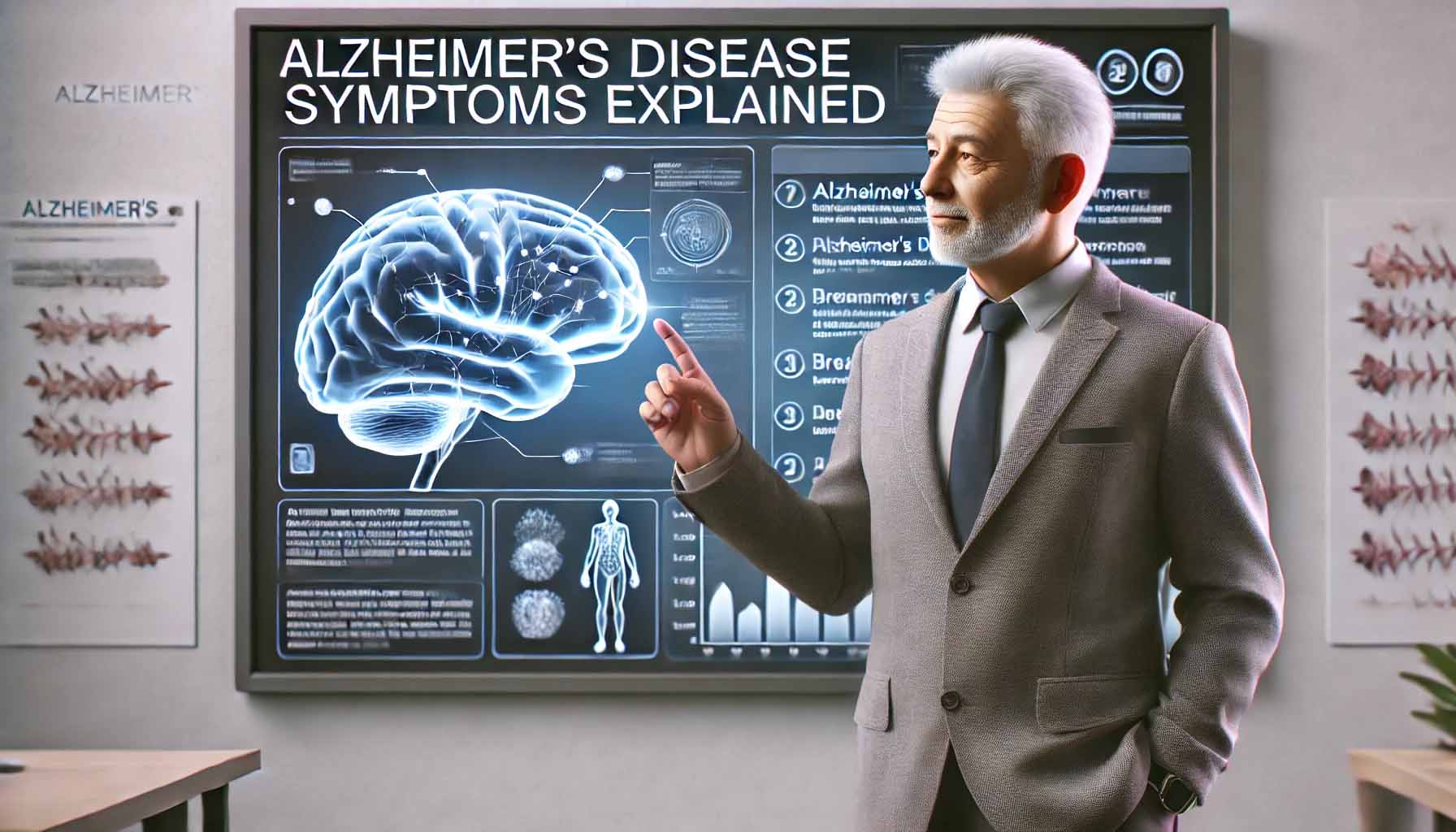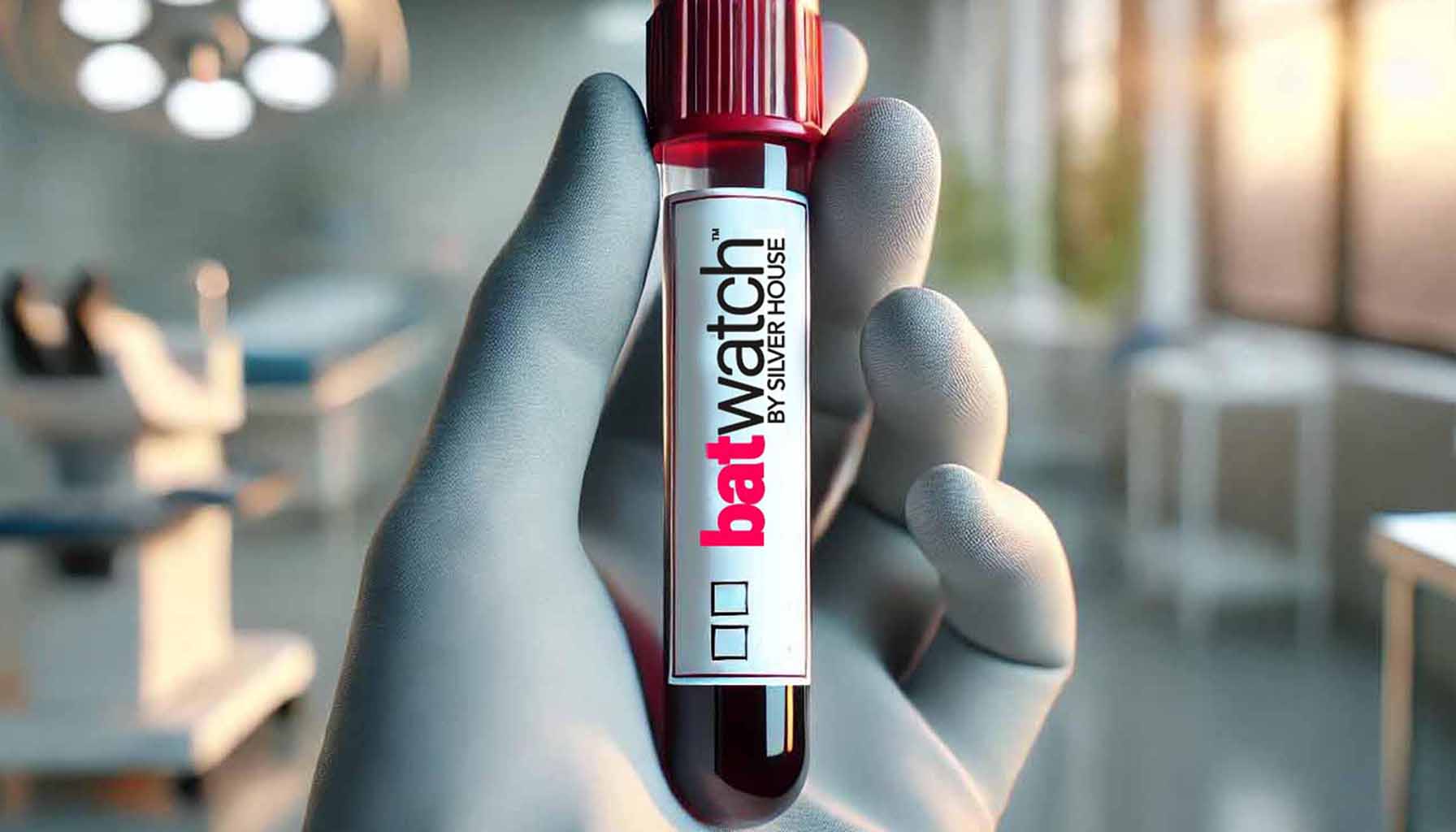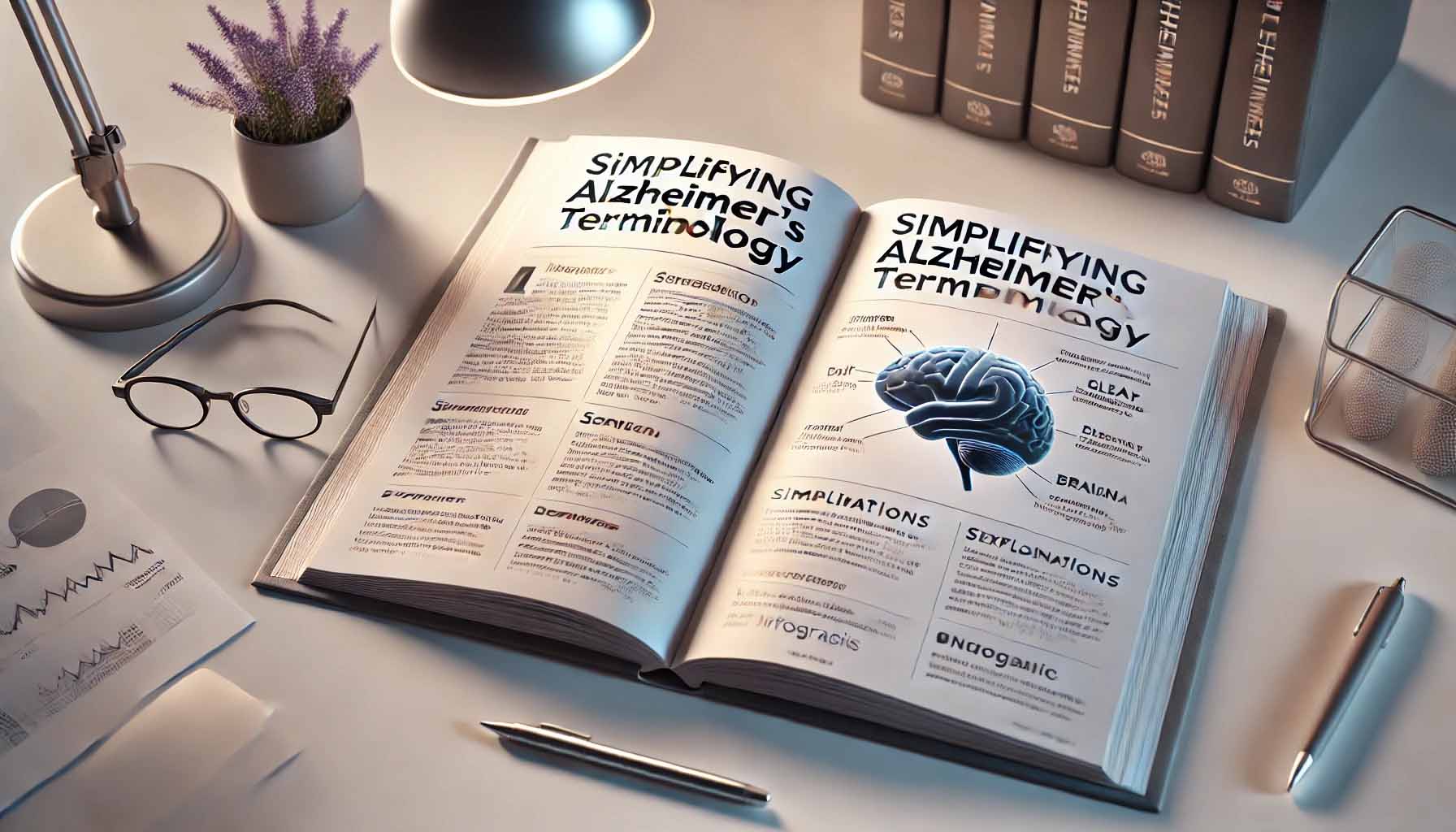Alzheimer’s disease is a progressive neurodegenerative disorder that leads to memory loss, cognitive decline, and behavioral changes.
When it comes to Alzheimer’s disease, the key to effective treatment is early detection. But many people ask, ‘Is there a test for Alzheimer’s?’ Thanks to groundbreaking advancements, the answer is yes. At Silver House, we’ve developed the BATWatch™ Protocol—a comprehensive, proactive approach to cognitive health that focuses on monitoring Beta-Amyloid and Tau (BAT) Levels. This includes our BAT Testing—a set of highly accurate blood tests that can detect Alzheimer’s risk before symptoms even begin.
There’s a lot of stigma and fear surrounding Alzheimer’s disease. Often, the terminology itself makes the condition feel overwhelming and hopeless. But what if changing the way we talk about Alzheimer’s could change how people perceive it? At Silver House, we’ve made it our mission to simplify the language around Alzheimer’s, making it less intimidating and easier to understand.
Many people wonder, ‘Is Alzheimer’s hereditary?’ While genetics can play a role, most cases of Alzheimer’s occur sporadically due to other factors. But here’s the good news—you have an almost zero chance of developing Alzheimer’s if you take one crucial step to manage your risk.
In recent years, significant advances have been made in treating dementia and Alzheimer’s patients. One such breakthrough is a therapy we call CogStim—a flexible, personalized approach that can be done with or without medication. For Alzheimer’s patients, this therapy is showing remarkable results in slowing down or even halting the progression of the disease.
When it comes to treating Alzheimer’s disease, many people turn to medications in hopes of slowing down the progression or managing symptoms. There are five typical medications that are commonly prescribed, but unfortunately, the success rates aren’t exactly encouraging. So, what are the best medications for treating Alzheimer’s, and is medication the only answer?
Alzheimer’s disease is notoriously difficult to diagnose accurately, and the statistics are troubling. A shocking 40% of patients with symptoms of Alzheimer’s or dementia are misdiagnosed—23% are overdiagnosed, and 17% are underdiagnosed. What’s contributing to this problem, and how can we improve these numbers? The answer may lie in more advanced testing, like BAT (Beta-Amyloid and Tau) Levels testing.







